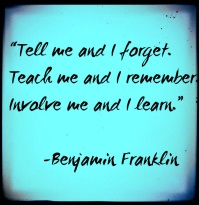Written by Julia Gorham
How does one cultivate love, respect, sharing, encouragement and responsibility? Here are some tips.
 Teach your child to love and feel loved with hugs and give your child terms of endearments with your tone of your voice and expression of love often given.
Teach your child to love and feel loved with hugs and give your child terms of endearments with your tone of your voice and expression of love often given.
- Assist your child develop a sense of importance and his contribution to family, school, volunteer work etc.
- Spend quality time with your child which should include family meals, special events, supporting your child’s school events and activities such as sporting activities (with the emphasis on participation, encouraging effort and having fun).
Treat your child with respect, consideration of feelings and courtesy
- Be aware of sarcasm, nagging, scolding, ridicule etc.
- Set realist expectations at home and school.
Teach your child to communicated effectively and appropriately to his/her peers, adults, parents and siblings
- Active listening – hearing and reflecting back to your child (stop and listen)
- Taking time out of your day to talk to your child, without interruption of telephone calls, your work at home, tv etc.
- Listen with an open mind and don’t judge or criticise.
- Use of “I messages” to communicate and keep it open. “I can see you are… “
- Teach your child skills such as co-operation, negotiating, sharing and empathising.
Give your child encouragement rather than criticism
- Focus on your child’s efforts, not on his character.
- Express your appreciation when your child is co-operative and helpful. Follow up with verbal encouragement that includes physical contact which expresses acceptance.
- Show confidence in your child and nurture his feelings in all that his does.
Teach responsibility
- Set appropriate limits for your child’s developmental level to provide many opportunities for his choices.
- Encourage his sense of independence with “Help me do it by myself” Dr Maria Montessori.
Let children learn to solve their one problems through trail and error




